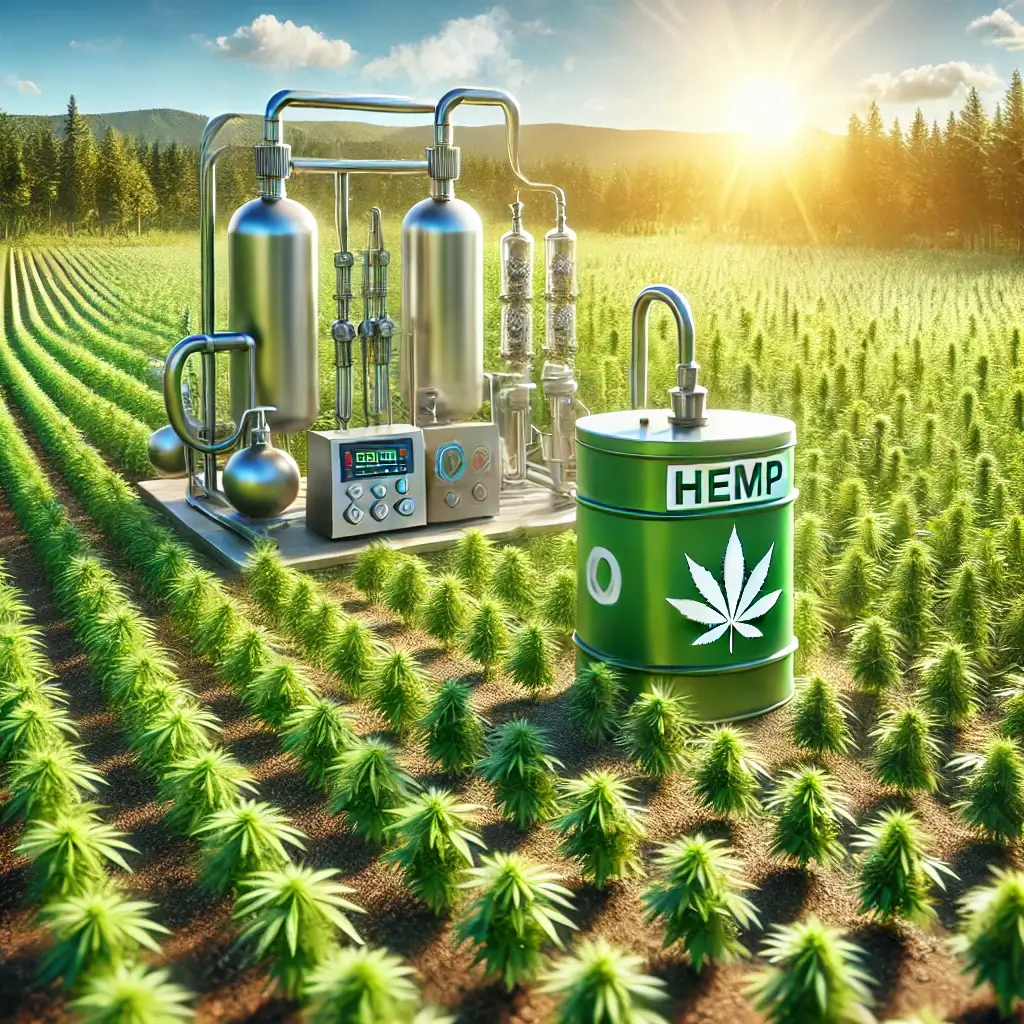As the interest in natural health remedies grows, hemp has taken center stage, particularly in the realm of medical applications. Known for its versatile therapeutic benefits, hemp-derived cannabinoids offer a promising solution for conditions like chronic pain, anxiety, and sleep issues. But there’s more to the story: sustainably produced hemp not only contributes to better health outcomes but also supports environmental health. This approach emphasizes eco-friendly farming methods, reducing chemical usage, and implementing cleaner extraction technologies, all of which help conserve natural resources.
Sustainable Hemp Production Fundamentals
At the core of sustainable hemp production lies a commitment to maintaining healthy soil. By using organic and regenerative practices, farmers can nurture soil rich in biodiversity, a factor linked to more varied and potent cannabinoid profiles. Additionally, adopting advanced green extraction techniques, such as CO₂ extraction, allows producers to create purer medical-grade products while minimizing their environmental footprint. This dual benefit—supporting human and environmental health—is why sustainable hemp production holds such significance today. Let’s delve into how these practices shape hemp’s medical potential, bolstered by recent legislation and advancements in sustainable production.
The Science Behind Sustainable Production
Research shows that organically cultivated hemp plants absorb fewer contaminants and produce a more balanced profile of cannabinoids, including CBD and minor compounds that contribute to the “entourage effect.” According to a 2023 study in Agricultural Systems, hemp grown in organically maintained soil demonstrated an improved cannabinoid profile, potentially amplifying therapeutic effects when multiple compounds work synergistically. This sustainable approach not only enhances health benefits but also underscores a safer, chemical-free production cycle.
Advanced Extraction Methods and Legislation
Extraction methods play an equally important role in sustainability. Supercritical CO₂ extraction, for instance, is a popular choice due to its ability to preserve cannabinoid integrity while reducing the use of harmful solvents. This technique allows for more precise standardization in medical hemp products, which is critical for patients requiring consistent doses. With these clean extraction methods, medical hemp products can meet rigorous quality standards, ensuring safety and effectiveness for consumers.
In recent years, legislation has leaned toward supporting sustainable practices. Governments and industry bodies have increasingly pushed for regulations that incentivize organic certification, traceability, and transparency. The Journal of Natural Products recently highlighted how quality control has improved due to stricter sustainable guidelines, reinforcing trust and accountability within the hemp industry.
Future Outlook for Sustainable Hemp Medicine
The alignment of medical hemp applications with sustainable practices marks a critical step forward in creating reliable, eco-conscious health solutions. Research highlights how healthier soil, green extraction, and strict quality standards contribute to safer and more effective medical hemp products. As the industry progresses, regulations supporting sustainability will likely continue to boost the credibility and appeal of hemp-based medicines, benefiting both consumers and the planet.
